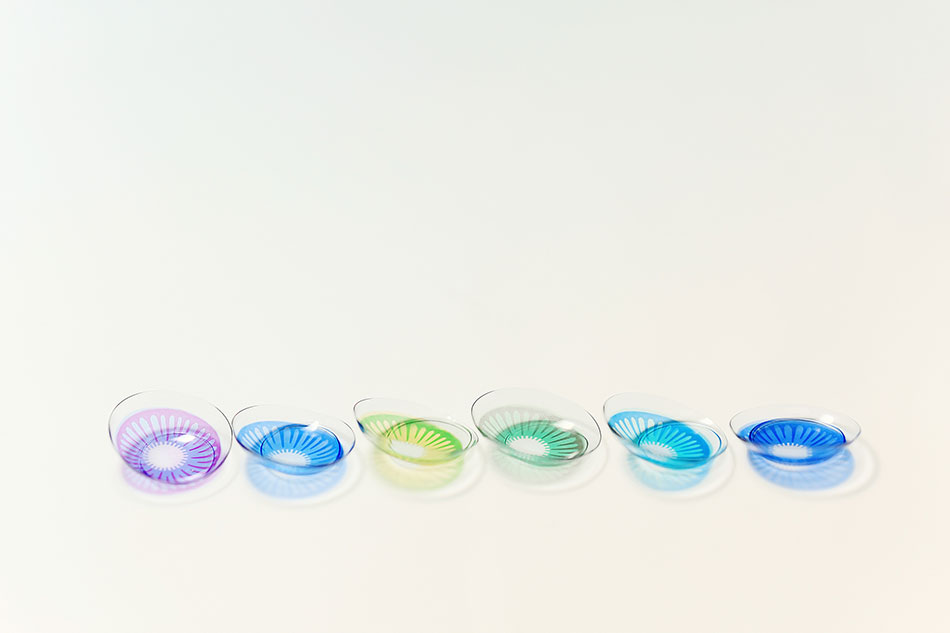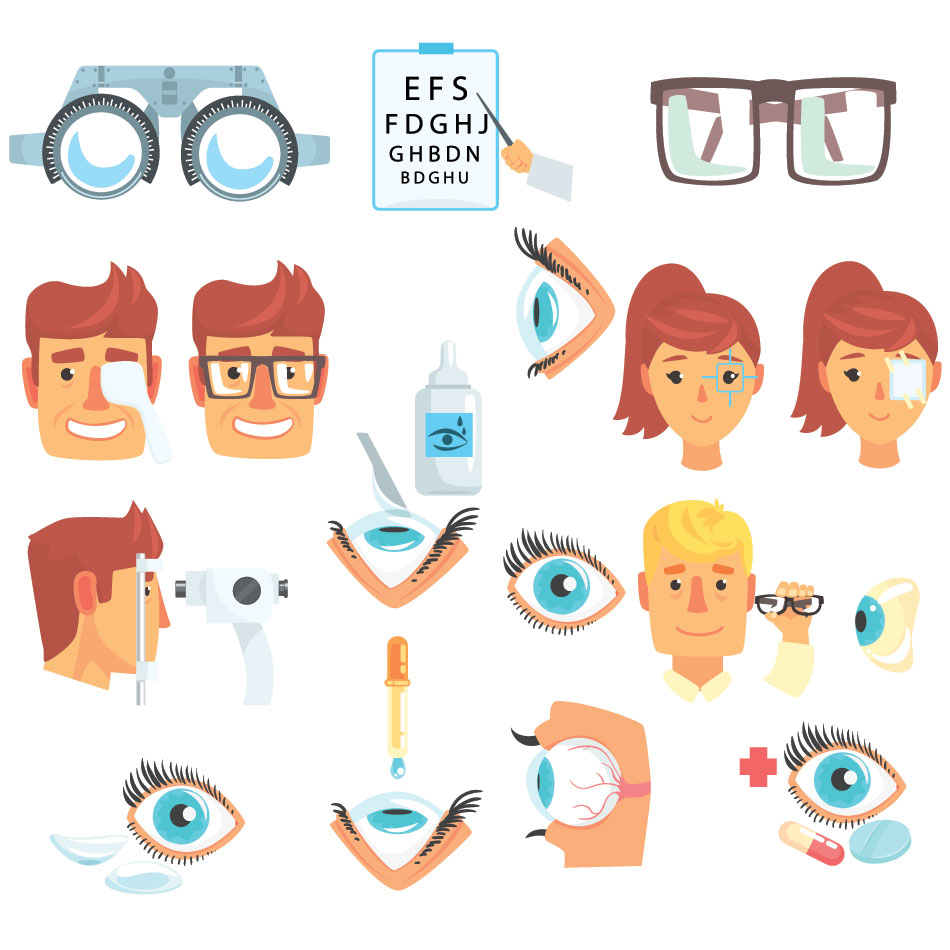How to Choose Contact Lenses: Which Type Is Right for You?

Are you new to wearing contact lenses? Whether you just found out you need them or are making the switch from glasses, it can feel daunting to start wearing contacts. But there's no need to worry! Contacts are highly effective. Plus, they're easy and safe to use! There are many kinds to choose from, so you'll be able to get exactly what you need.
How do you know which contacts to choose though? Is one type better than another? You'll need to follow your eye doctor's instructions, but here are some tips on how to choose contact lenses.
Length of Wear
Before choosing contact lenses, consider how you're going to wear them. You can wear contact lenses for various lengths of time, so make sure you get the right ones for your lifestyle.
Several-Day Wear
You can rewear some contacts for many days before replacing them. This can mean six days or up to one month, depending on the lens. In most cases, these will be soft lenses. Your doctor will schedule when you should replace them, since these lenses will eventually have buildup and wear out.
Single-Day Wear
Daily disposable lenses are available for people who don't want to worry about cleaning and maintaining their lenses. You can toss these soft lenses at the end of the day, then pull out a new pair the next morning.
Overnight Wear
Some contacts can be worn overnight because they allow enough oxygen to reach your eyes. Many doctors don't recommend this though, so check with your doctor to find out what's safe for you.
Soft or Rigid

Contact lenses are either soft or rigid. Your doctor will help you determine which type is right for you. However, soft contacts are more commonly used. They’re very comfortable, especially for newbies. Also, the flexible hydrogel or silicone hydrogel materials allow better airflow to your eyes.
Rigid contacts are gas permeable and they resist deposit buildup. These lenses provide sharper acuity than soft lenses do. A great plus is they're cheaper in the long-run because of their durability. But they’re not very comfortable unless worn consistently.
Specific Needs
You need to take into consideration whether you have specific eye-related needs. Find out what they are before choosing your pair of lenses. For example, dry eyes or allergies may make it difficult for you to wear lenses. Daily disposable contacts are best in this case, but always consult a doctor before choosing.
If you enjoy reading but need a different prescription for seeing into the distance, consider asking about bifocal or multifocal contacts. That way, you won’t have to switch back and forth between contacts and glasses.
Contact Lens Types
There are various types of contact lenses, just like there are for glasses. You may need multifocal, bifocal, nearsighted or farsighted lenses. Bifocal contacts are designed to help people who need correction for seeing both far and near. Multifocal lenses include bifocal lenses, but also include trifocal and other lens types. These are available in soft or rigid setups and help provide a natural transition from near to far vision.
If you have astigmatism, both gas permeable and toric lenses will help correct the problem. Both can help with correcting near or farsightedness while also correcting astigmatism. To determine what type of lens you need, visit your eye doctor. He or she will direct you to the lenses that can help you see the best.
Colors and Effects

Not all contact lenses are clear. Some come with colors, either to help you locate your lenses more easily or to provide an effect. Colored lenses can help enhance or transform the color of your eyes. Some can even change the look of naturally dark eyes. Colored lenses can also provide special effects, such as cat eyes. While these are great for Halloween or theatrical performances, you'll still need a fitting and prescription.
Cost Comparisons

While choosing contact lenses, you will find that prices vary based on many factors. Lens type, brand, length of wear and effects will all come with different costs.
It's good to get an idea of contact lens costs before you get started. Prepare yourself by researching lenses and calculating what they would cost you to wear. Take into consideration how many days you can wear a pair of lenses. Some prices will be higher because of brand names. If you need budget-friendly options, talk to your doctor to find less expensive brands.
Always Consult Your Doctor
We’ve said it before and we’ll say it again! Always see your doctor before buying contacts. Although you can wear them just for fun, contact lenses are medical devices and need prescriptions. Yes, even if you have 20/20 vision, you'll have to visit an eye doctor for a fitting. Improperly fitting contacts can cause injuries and infections.
There's a lot to keep in mind when choosing contact lenses. But you should always think about what your doctor’s suggested. You may like the idea of wearing contacts day and night for a month, but that doesn't mean it’s safe for your specific eyes.
Lenses Aren't for Sharing
When deciding on a lens type, it may tempt you to try a pair from someone else. If anyone offers to let you try their used lenses, don't do it. Contact lenses aren't like glasses.
Since they come into direct contact with your eyes, they contain particles and bacteria. You never want to transfer this stuff from someone else's eyes to your own. That’d be an invitation for infections.
It's up to You and Your Doctor

Choosing contact lenses can feel intimidating, whether you're new to the game or you've been around for a while. You'll find the same type of lenses from several different brands, so it's important to understand the differences between them.
Keep your doctor's advice and these tips in mind when comparing your options. And don't worry about making a perfect choice the first time around. If you don't like what you chose, you can always try something different next time.
It's important to keep your eyes healthy. To learn more, read our blog post on contact lenses and general eye health.